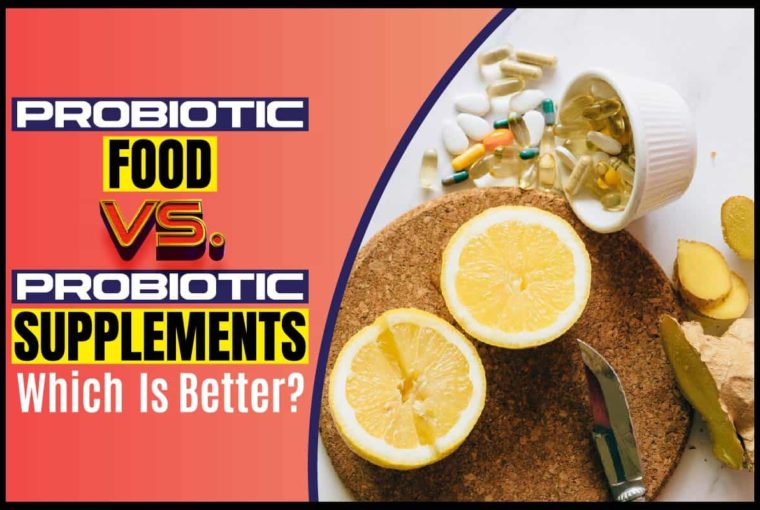Many doctors and other health-conscious individuals have read about the many benefits of probiotic foods and supplements that many studies have shown to be effective in boosting the body’s immune response that keeps humans healthy and well. However, knowing which to take can be tricky. So, how does one determine whether probiotic foods versus probiotic supplements are the better choice? Here’s a guide about probiotics that will give you some good inforomatiom.
Read on to learn more about gut health and how probiotics may boost your immune system response to disease causing microbes by balancing the body’s supply of good natural microbes usually meaning bacteria.
About Gut Health
Many people may be surprised to discover that billions and even trillions of microbes make their home in our gut meaning the gastro-intestinal tract.
The human body runs more efficiently when the gut has a diverse supply of these tiny microbes in high enough numbers to help the body systems carry out important everyday functions that include digestive, immune and metabolic functions required to maintain good health and well-being.
When those numbers of health-boosting good microbes are not in an abundant supply, other bad microbes can then quickly multiply and overwhelm the body’s defense mechanisms against disease and many unwanted processes such as a woman getting a vaginal yeast infection following antibiotic therapy that wipes both the bad and the good bacteria out.
What Are Probiotics?
Probiotics are basically live microorganisms, typically yeast and bacteria, that offer health related benefits when consumed in higher numbers. There are many natural sources of probiotics in the food supply.
These probiotic-rich foods can deliver more beneficial nutrients along with the probiotics than just taking supplements alone. However, it is hard to get the right amount just through diet alone, and this is where the addition of supplements containing probiotics can help.
Eating more fiber-rich foods from plants can also aid in keeping those healthy microbes “fed” by acting as their energy/food source. Alternatively, using probiotic capsules for women from a good place like Probulin can target specific types of these good microbes for a better end response.
Lifestyle Factors To Consider
In order to determine whether you would be better off taking probiotic supplements or eating a diet that is rich in probiotic foods, you must first take into consideration some lifestyle factors. These include age, sex, diet and health among others.
Ask yourself whether you truly take in enough and a diverse number of foods that contain these good microbes on an ongoing daily basis. If yes, then taking supplements may not be so necessary for you. However, this is difficult to accomplish, so it may be best to use probiotic supplements instead.
Determine whether you are wanting to target a specific health problem or reduce certain symptoms, like the stomach upset that comes when ingesting dairy products if someone is lactose intolerant or if you tend to get numerous yeast infections after antibiotics or are diabetic. In these instances, supplements may be practical.
Conclusion
Eating a diet rich in probiotic foods and/or taking probiotic supplements is a personal choice. Many decide to do both.




